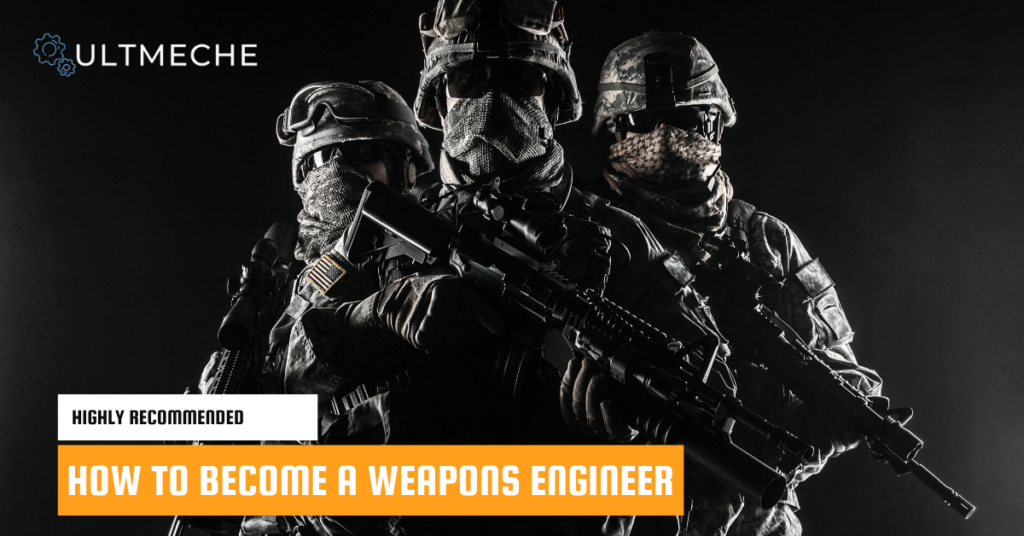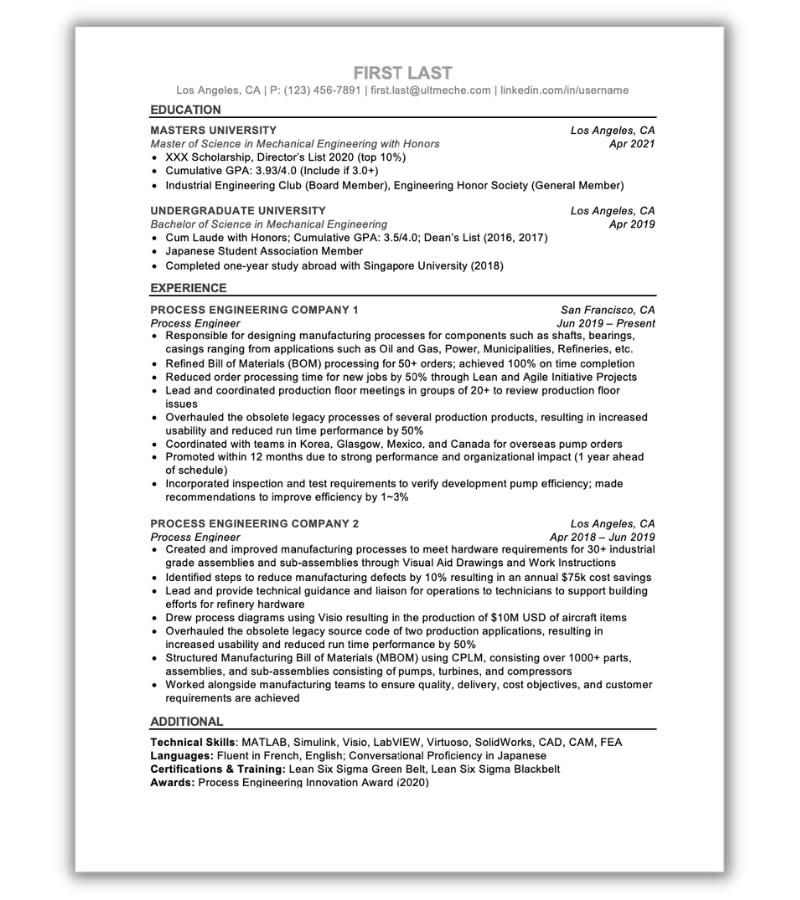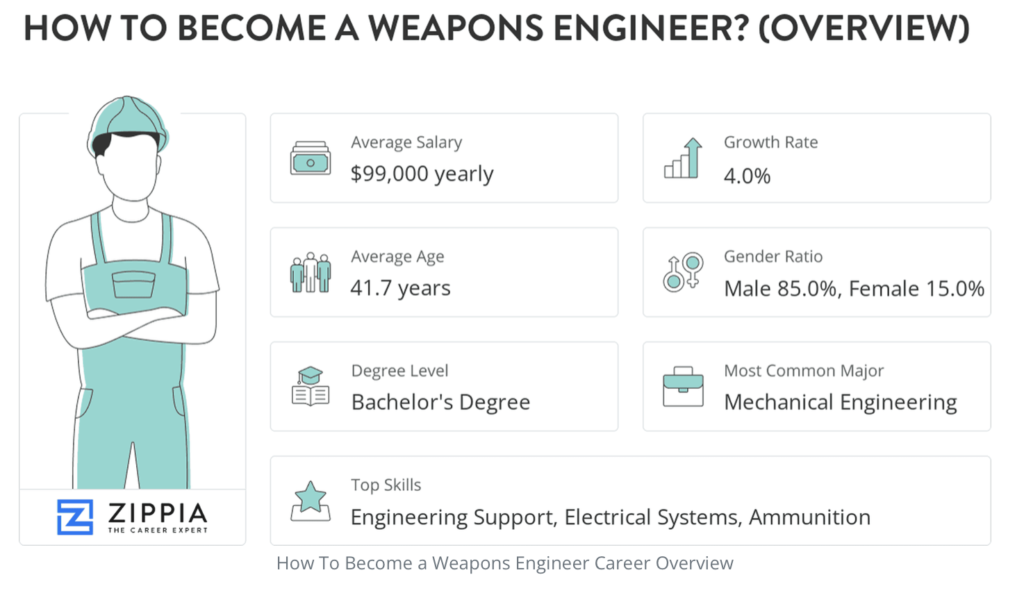
If you like military weapons and want to design them, you’ll need to know how to become a weapons engineer.
The path towards becoming a weapons engineer is straight forward. All it takes is some schooling, a little bit of hard work, and reaching out for the right opportunities
In this guide, we’ll outline 5 steps for you to take so that you know how to become a weapons engineer.
1. Go to a four year university and study Engineering
There are two paths to a four year university:
- High school to four year University
- Community College to four year University
From High School to a Four Year University
If you’re in high school reading this, congratulations on the self awareness!
The path to high school to a four year university is straight forward, just do the following
- Actively participate in sports and extracurriculars
- Get the best grades and GPA you can
- Look into the colleges you want to go to and see what their test requirements are
- Make friends throughout your high school journey that you can study with
- Take courses such as Physics and Calculus
- Take all AP and honors courses depending on how much you can juggle
From Community College to a Four Year University
Going from Community College to a Four Year University is much more simple than starting from high school.
The most challenging part is making sure that you get all the classes that you need.
Speak with an academic counselor in your community college to understand what it takes to get the school that you’re trying to get into.
All it takes is getting all the classes you need and making sure that your transfer GPA is as good as possible.
2. Join memberships and get involved as much as possible in school
Once you’re in a four year university, start establishing yourself and your network.
To do so, you’re going to join memberships.
If you want to know how to become a weapons engineer, you need to join memberships such as an Aerospace Engineering Society, Space/Rocket Engineering Society, or Society of Automotive Engineers.
Highly recommended to join Society of Automotive Engineers – it looks amazing on your resume and through the organization you’ll have plenty of networking opportunities. The biggest advantage is that you get to build a network of other engineering students, establish study groups, and hear what engineering internship opportunities your colleagues are getting.
3. Get the highest GPA you can while in school
Positions for Weapons Engineering Companies are very competitive. Companies such as Boeing, Northrop Grumman, Raytheon, and Lockheed are the companies that you want to get into if you want to become a Weapons Engineer.
In some cases, a high GPA is required to get into these companies. Some recruiters even filter out candidates based on their GPA, so try to get a 3.7+ GPA at minimum.
To get a high GPA, you’ll need to learn how to study effectively and also form good study groups.
When you study, make sure you’re actively practicing engineering problems instead of just reading the textbook. Practicing problems over and over is the secret to understanding difficult engineering courses.
4. Build a Portfolio of Solid Projects
Projects are what will build up your resume, especially if you have no experience in Weapons Engineering.
You can fill your resume up with projects from the classes that you took, from memberships such as Formula SAE, or look them up on YouTube and do some yourself.
The best projects that look good on your resume for Weapons Engineering will be those in an Engineering Team environment.
Some example projects to work on are:
- Formula SAE Racecar
- BAJA SAE Off-roading vehicle
- Mars Rover
- Satellites
- Rockets
- Additive Manufacturing / 3D printing projects
- MATLAB coding and programming projects
If you don’t have any experience at all, you’re going to want to fill up your resume with enough projects so that your resume is one complete page.
5. Craft a solid resume detailing your accomplishments and skillsets
Your resume will need to be one page and detail the following sections
- Education
- Experience
- Project Experience
- Additional (Technical Skills, Certifications, Awards)
Use a format that looks like the following:

Additionally the frameworks that you need to write a solid resume for Weapons Engineering are:
- Making sure that the text in your resume is clear and concise
- Your resume contains keywords that are relevant to the job descrption
- ATS optimized so that the resume is picked up by the application tracking system (ATS)
- Uses quantitative results and accomplishments
If you need help with writing your resume, check out our services, we provide resume reviews and resume rewrites that have helped hundreds of clients get high paying jobs in industries such as Weapons Engineering.
6. Apply to jobs
Now that you have a solid resume, with experience and projects to back it up, you’re going to apply to as many Weapons Engineering jobs as possible. This applies whether you’re looking for an internship, or have graduated and are looking for a full time job in Weapons Engineering.
If you’re struggling to get interviews or if you don’t get any interviews at all, something is wrong with your resume.
You’ll need to check out Step 5 and build a solid resume. Additionally, check out our services if you’ve been frustrated on getting a job.
Apply to the following companies:
- Boeing
- Northrop Grumman
- Raytheon
- Collins Aerospace
- L3
- Lockheed Martin
Additionally, you can apply to the mid-size and smaller-sized companies as well. Just use a tool such as Indeed.com or Linkedin.com and see what opportunities for Weapons Engineering are out there to apply.
7. Interview
You’ll want to be prepared for behavioral and technical interview questions.
When asked either behavioral or technical interview questions, be prepared to answer them using the STAR framework.
STAR sounds for:
- Situation
- Task
- Action
- Result
You’ll want to explain your answers that catch each of the above.
Need some interview help?
We have a list of 100 interview questions and answers that are tailored to engineers and even provide mock interviews.
8. Offer
If you’ve done all of the 7 steps above correctly, you’re going to get offers left and right for Weapons Engineering positions in Aerospace and Defense.
Refer to the table below for averages of salaries at the respective Aerospace and Defense companies:

Specific data on Weapons Engineering shows:

9. Accept
Once you accept the offer, you’ve officially become a Weapons Engineer!
Take some time to celebrate as all your hard work will have paid off at this stage.
This is such a wonderful feeling – putting in so many years of hard work to get what you’ve always wanted.
Now that you’ve become a Weapons Engineer, you’ll need to know how to succeed and establish yourself in the workplace.
Make sure at this point, you have a solid baseline in CAD and understanding of Engineering principles such as Statics, Dynamics, and Mechanics of Materials. Understanding of Thermodynamics and Fluid Mechanics is a big plus too. Connect your theoretical understanding to real life application and you’ll be golden as a Weapons Engineer.
The 9 Steps above are all it takes to know how to become a weapons engineer.
About the author

Kazuyoshi Fujimoto, PE
Founder | Engineering Career Coach | Principal Mechanical Engineer
Kazu oversees all of ultmeche’s engineering services. He provides consulting such as resume reviews, rewrites, mock interviews, and all services career related. Additionally, Kazu performs consulting work regarding Oil & Gas, Automotive, and Aerospace & Defense. Kazu is licensed as a professional engineer in the state of California and has 9+ years of experience in Oil & Gas, Automotive, and Aerospace & Defense.
